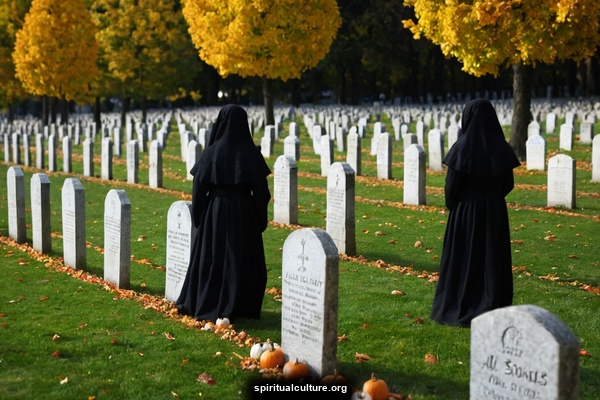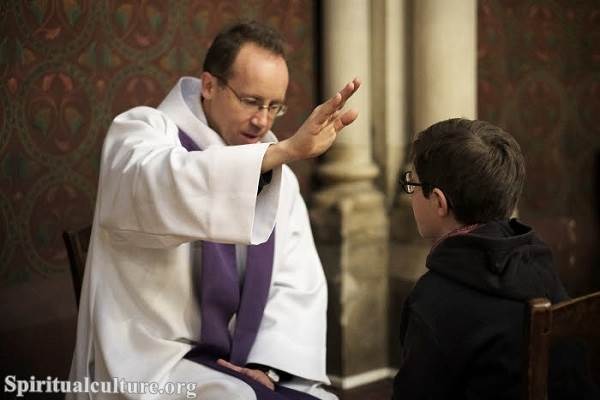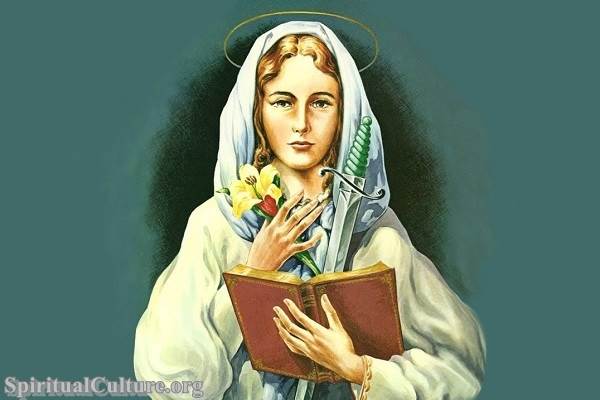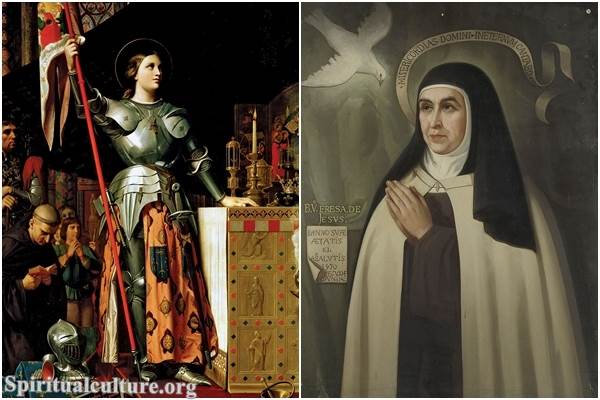Saint John Paul II’s pontificate, which lasted over a quarter century, was marked by significant milestones and transformative actions that significantly impacted the Catholic faith and the world at large.
Catholicism
Saint John Paul II, born Karol Józef Wojtyła, was a Polish native who ascended to the papacy in 1978 following the death of Pope John Paul I. His papacy was the third longest in the history of the Catholic Church, lasting for 26 years until his death in 2005. During his time as pope, Saint John Paul II was instrumental in shaping Catholicism in the late 20th and early 21st centuries.
Saint John Paul II was the first non-Italian pope in 455 years, breaking a longstanding tradition and setting a precedent for the future. His papacy was marked by his charismatic personality, his profound spirituality, and his unwavering dedication to social justice and human rights. An avid traveler, Saint John Paul II made 104 international trips, more than all previous popes combined, thereby expanding the reach of the Catholic Church.
In terms of his theological contributions, Saint John Paul II is best known for his teachings on human dignity and the sanctity of life. His encyclicals, such as Evangelium Vitae (The Gospel of Life), Veritatis Splendor (The Splendor of Truth), and Centesimus Annus (The Hundredth Year), articulated a robust defense of traditional Catholic moral teachings while also addressing contemporary issues such as poverty, economic justice, and the culture of death.
Catholic Church
Saint John Paul II’s influence on the Catholic Church was monumental. He appointed 231 cardinals, thereby shaping the College of Cardinals for decades to come. He also oversaw the publication of the Catechism of the Catholic Church, a compendium of Catholic doctrine which has since become a key reference for teaching and understanding the faith.
Moreover, St John Paul II played a crucial role in the fall of communism in Eastern Europe. His support for the Solidarity movement in his native Poland and his moral opposition to communism were influential factors in the eventual collapse of the Soviet Union.
In 2000, Saint John Paul II made a historic apology for the sins and errors committed by members of the Catholic Church throughout history, demonstrating his commitment to reconciliation and healing.
In the realm of interfaith dialogue, Saint John Paul II made significant strides in improving the Catholic Church’s relationships with other religious traditions. He was the first pope to visit a synagogue and a mosque, and he made significant efforts to reconcile with the Jewish community by acknowledging the Church’s failures during the Holocaust.
Saint John Paul II was also known for his devotion to the Virgin Mary. His motto, Totus Tuus (All Yours), reflected his consecration to Mary. He credited her with saving his life during the assassination attempt on him in 1981.
Conclusion
Saint John Paul II was a transformative figure in the Catholic Church and the world. His commitment to the Gospel, his passion for social justice, and his efforts to engage with the modern world have left a lasting legacy. His life and teachings continue to inspire millions of Catholics and non-Catholics alike. Saint John Paul II was indeed a beacon of Catholicism, a man of deep faith, and a tireless advocate for human dignity. His canonization in 2014, just nine years after his death, is a testament to his enduring influence and the profound impact of his papacy.






